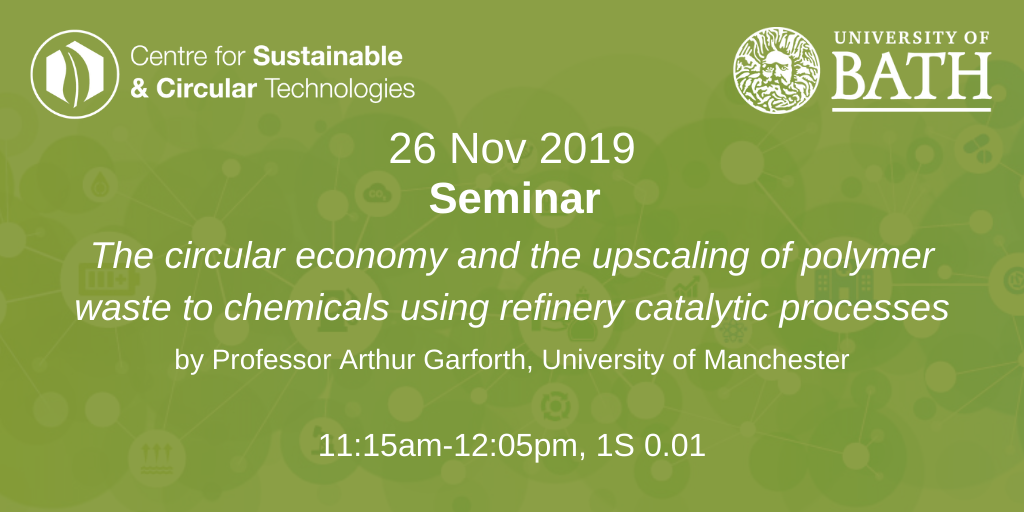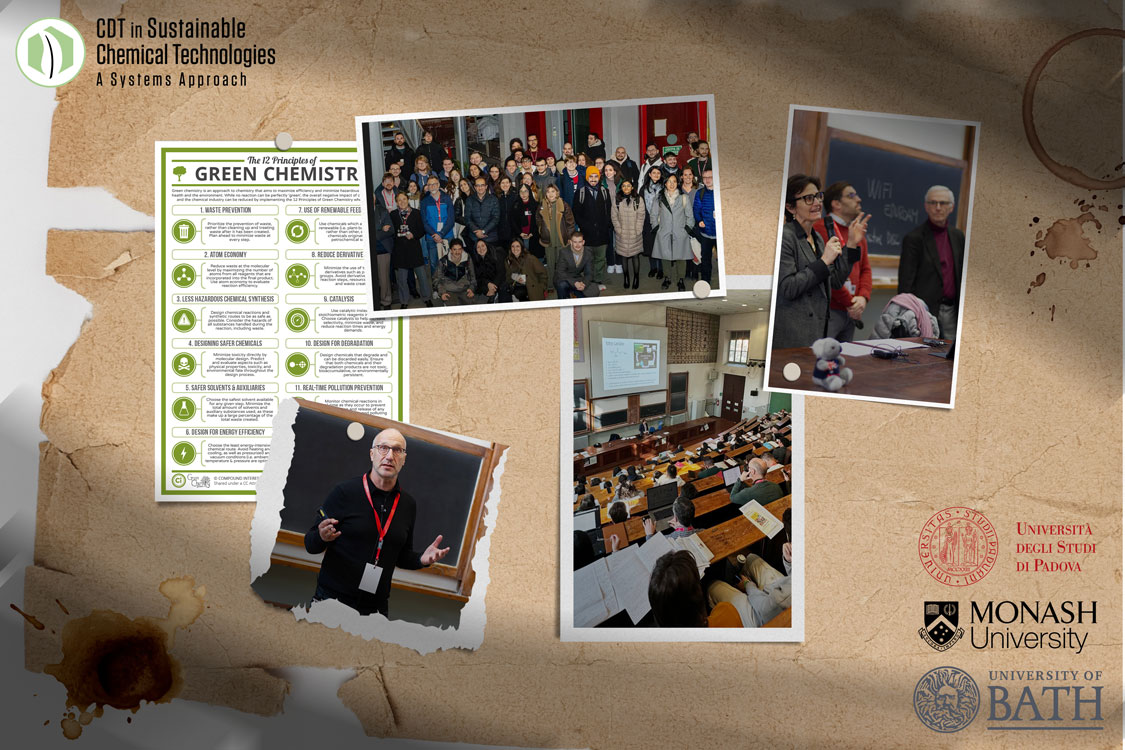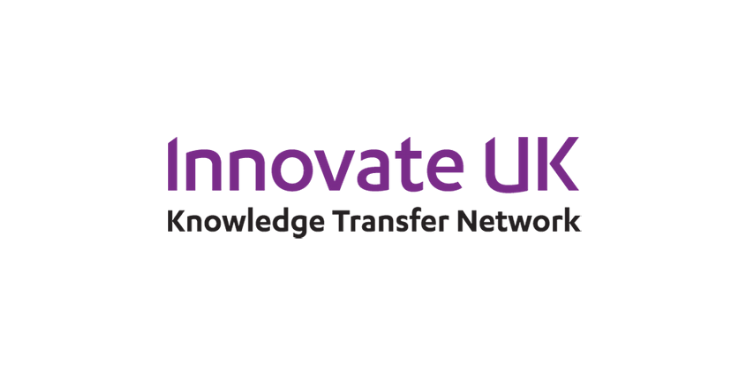
COVID-19 Virtual Sandpit
Calling all creative and open-minded Bath researchers to create innovative research teams and projects to address Coronavirus impacts
REGISTER BY 25 APRIL 2020
In response to COVID-19 and both open and anticipated future funding calls the sandpit will address one overarching question:
What are the most interesting scientific questions that can be explored together by interdisciplinary research teams from the University of Bath to meet the health, social, economic, cultural and environmental challenges presented by the COVID-19 outbreak in the short, medium and longer term?
This initiative will give University of Bath academics an opportunity to answer this question and take the lead in creating new research teams and ideas to respond to the impacts of COVID-19.
The concept, in a nutshell:
Working together with Knowinnovation, a CSCT partner specialised in facilitating innovative, creative and cross-disciplinary collaboration, these events aim to enable academics to participate in the creation of new research ideas that will encompass various disciplines and be translated in research proposals.
Using proven creative thinking techniques and an online platform, a series of virtual meetings and events will be held between 27 April and 18 May, where participants will self-organise into interdisciplinary research teams to generate, develop and refine ideas to respond to the COVID-19 pandemic, and that can lead to in successful grant applications to UKRI and other funders.
The virtual sandpit will be organised locally by Professors Matthew Davidson and Chick Wilson. It will be run on Kistorm, a simple web-based tool developed by KnowInnovation that allows people to generate questions and ideas, arrange the ideas into clusters, rate them and develop them into plans. It has been used successfully by many US institutions as well as NSF and NIH. Kistorm will run equally well on desktop computers, and mobile phones. In its simplest form, Kistorm is the electronic equivalent of the sticky notes beloved by meeting facilitators around the world.
Focus:
The sandpit will focus on two overlapping scientific themes of The Circular Economy and Therapeutic Innovation. Participants are not restricted to one theme.
Eligibility:
Any Bath academics who are eligible to apply for grant funding as a Principal or Co-investigator.
We will aim to achieve a broad cross section of curious and open-minded people with wide-ranging disciplines and experience (loosely) relating to the two themes.
In the early stages, the sandpit will be limited to researchers based at Bath. As the sandpit progresses, and projects are being developed, we encourage teams to bring in any external expertise in order to strengthen Bath-led projects and proposals.
Commitment:
Your level of engagement in, and time commitment to, the sandpit is flexible. We estimate that over the course of the sandpit, a commitment of a few hours a week will be sufficient to generate innovative research teams and ideas.
Timeline:
WEEK 1: 20 – 25 April
WEEK 2: 27 April – 1 May
- Participants take part in one or more Randomized Coffee Trials (small virtual groups of interdisciplinary participants) to come up with answers to the overarching question
- All questions are captured in Kistorm.
- By the end of the week, the organisers cluster the questions into themes (and sub-themes if necessary)
WEEK 3: 4 – 7 May
- Participants sign up to the question(s) that they would like to explore further
- Participants self-organise into groups to develop the first sketch of an idea
WEEK 4:
11 May 2-4.30pm: FIRST PLENARY (half a day):
- All participants meet to present ideas and get feedback from the group
- Key Professional Services staff will be invited to this session to provide additional input and to help facilitate the final week of the process
12 – 15 May
- All groups work on revised versions of their proposals
- Mentors (academics and professional services) will available throughout to assist and advise groups
- To assemble the strongest possible teams, additional team members (from Bath or beyond) can be added at this stage
WEEK 5:
18 May 2-4.30pm: FINAL PLENARY (half a day)
- Additional feedback and refinement given to all groups
Expected outcomes:
- Creation of new ideas to deliver innovative Bath-led research projects in response to the COVID-19 pandemic and its consequences.
- New interdisciplinary research teams with the potential to make innovative contributions to the world in the context of COVID-19
- Successful grant applications in the short and medium term to UKRI and other funders, led by University of Bath teams
- Cross-fertilization of researchers as a seed for medium and longer term ideas
- Impetus to optimise the creative process across the Bath research community to be applied in the future
About the Randomized Coffee Trials (week 2):
A Randomized Coffee Trial 𝑅𝐶𝑇, is a slightly tongue-in-cheek way of describing informal meetings between people who don’t usually get to spend time together.
Here is what participants are invited to do:
- Add their name to the Randomized Coffee Trial page.
- We will join them up with participants who have very different areas of expertise.
- Once partnered up, participants arrange a mutually convenient time for a virtual meeting, typically for about 30-45 minutes
- Once they have got to know each other, they should answer the question “If we had to do a research project together, what would be the most interesting questions – related to a COVID-19 response – we could work on?”. For the purposes of this activity, they should not feel constrained by resources or even the current state of scientific knowledge. We want to know what intriguing questions lie at the intersection of disciplines and experience.
- Finally, we need them to tell us their top three questions – they will be able to enter those directly into Kistorm – it is very simple, and all they need to do is to provide enough of a description so that everyone can get the essence of your question. We will use the questions in week 2.
How to apply
Please note that spaces are limited to approximately 50 participants, so please register to the Kistorm platform by 25 April 2020.







